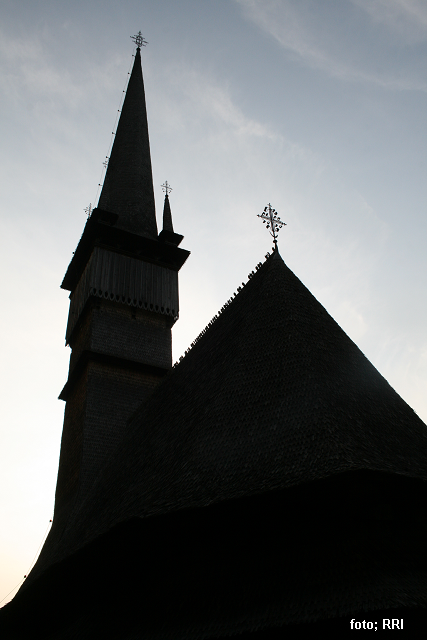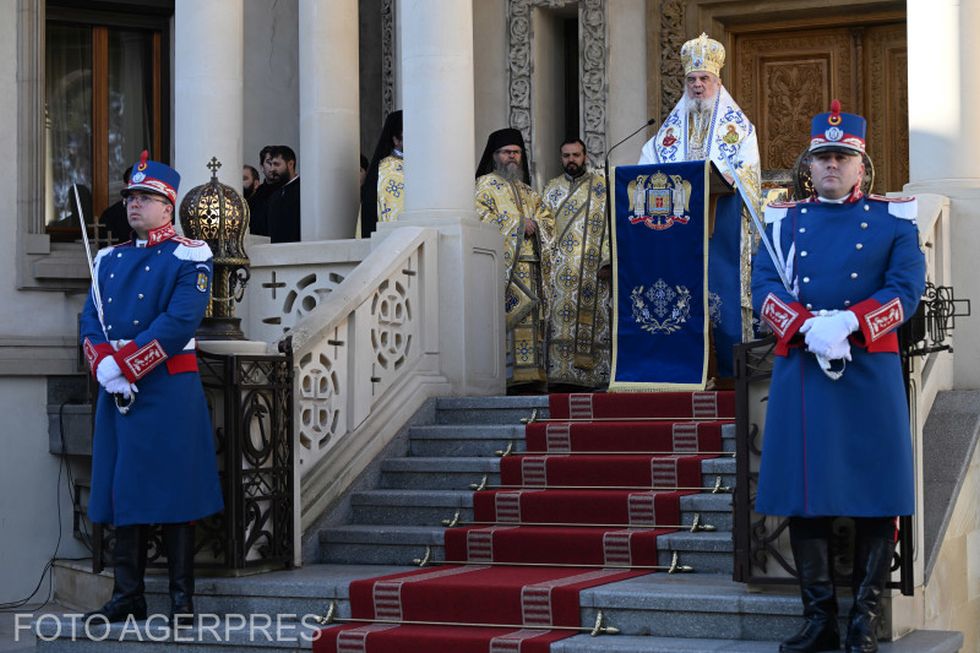The Church and Communism
Religion and churchgoing were generally frowned upon back in Communist Romania. Religious practices were being discouraged and back in the early days of communism, some clergymen served many years in prisons for their faith

Steliu Lambru, 11.02.2019, 14:39
However, upon its consolidation, the regime started allowing religious practices as they were no longer considered a threat but a method of currying favour with the population.
In theory, the communist ideology made a clear distinction between religion and church, although it was blaming both to a certain extent. While religion was considered the primitive mans way of seeing the world, the church was believed to be an instrument for exploiting people. And for this reason, in the communist society, religion was benefitting from mitigating circumstances, something which was denied to the church.
Once in power, the Communist Party reconsidered its attitude towards religion and Church, which it later included in its cultural policy as elements of national identity. In fact a similar mechanism was in place, with local particularities of course, in all Central and East European Countries, occupied by the USSR after 1945, and Romania was no exception to the rule.
Engineer Stefan Barlea used to be one of the dignitaries in the communist chain of command and began his activity in the mid 1940s. In an interview to the Oral History Centre of the Romanian Radio Broadcasting Corporation, back in 2002, he admitted that although he wasnt a practising Christian he had nothing against religion and the Church and hadnt opposed the religious baptism of his two sons, but he hadnt married his wife in church.
Stefan Barlea: “I didnt have a particular stance on that matter, but my mother, mother-in-law and my grandmother decided to take the situation in their own hands. I realized they had gone to church because I sensed a certain scent of basil in the house. ‘May they live long! we all said about the kids and that was all. I know that one of them was baptized in the Church of Casin Monastery, the second was baptized as well but I dont know where. I let the women know I wouldnt attend the religious service but didnt oppose them either. My wife and I didnt have a wedding ceremony in church. We thought of getting one in secret but we eventually gave up the idea. I wasnt particularly against churches, even visited some with family and got some religious education as a child. I recall my grandpa taking me to a church in Prahova and I still carry in my pocket a small icon I got when I was ten or twelve. I wasnt exactly what they called a freethinker.
Barlea admitted that even before 1989, together with two of his colleagues he conceived a theory combining science and religious representations: “At a certain point, while doing scientific research in the field of cybernetics, I was talking to several prominent figures of Romanias scientific life, engineer Edmond Nicolau and Balaceanu-Stolnici (…) I did some scientific research together with Balaceanu and we came to the conclusion that from a cybernetic viewpoint, intelligent beings on other planets should be very similar to humans because one must have a vertical position to be able to process a wide range of visual information. Why are all the senses located so high in our bodies? Because nature tends to simplify things and there should be a grain of truth in the Bible saying that ‘God created man in His image. I remember I was working at the time with the National Council for Science and Technology and wasnt reluctant to say that.
Although religion wasnt encouraged, people avoided going to church because there was some sort of mild persecution against those showing a keen interest in religious issues.
Stefan Barlea: “I dont remember any cases of people being criticized for having their children baptized or for attending a certain religious service in a church or another. I dont remember these people being criticized either in our party meetings or during any of the meetings staged by the Communist Youth Organisation. I dont want to say there werent abuses, but I personally heard of none. Ceausescu was tolerant of these things but his wife was against them. I understand that she was angry that their children, Nicu and Zoe, had visited some famous monasteries in Romania.
The relationship between the communist regime, on the one hand, and Church and religion, on the other, was a difficult one. Back in the day, the two tried to get along with each other but the social, economic and political deadlock the regime was in made of peoples refuge in religion an acceptable compromise.






























